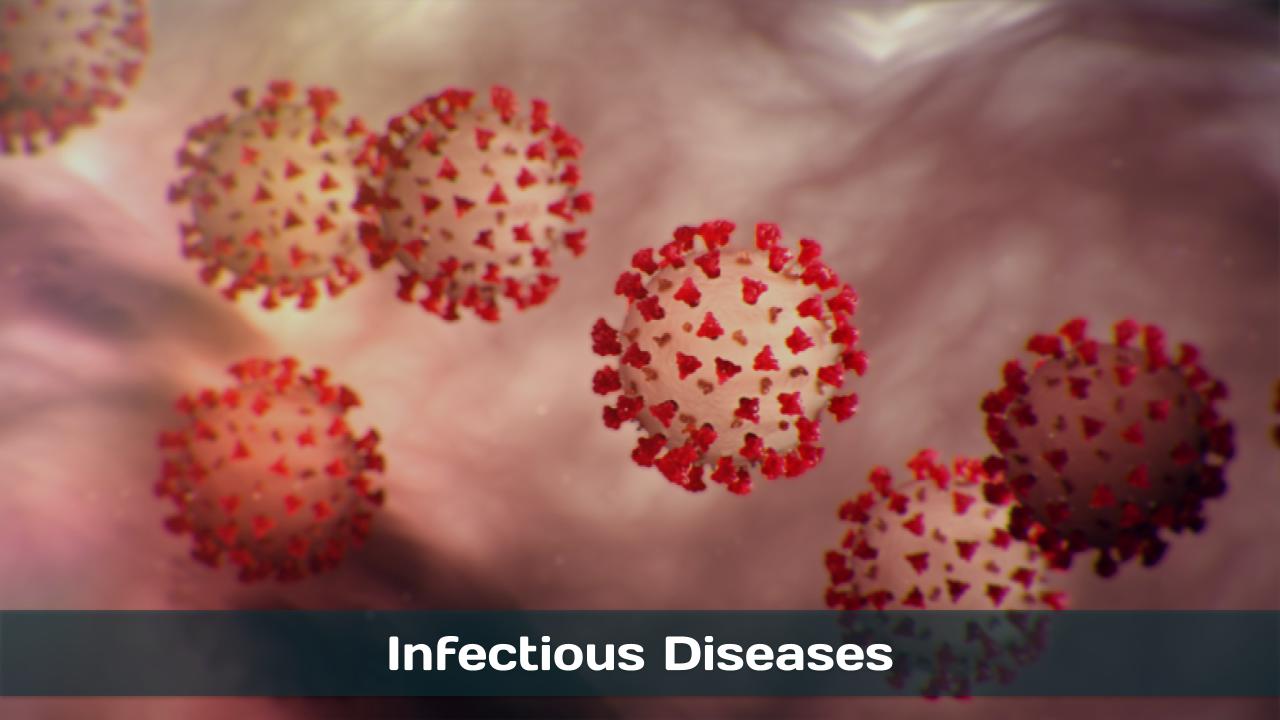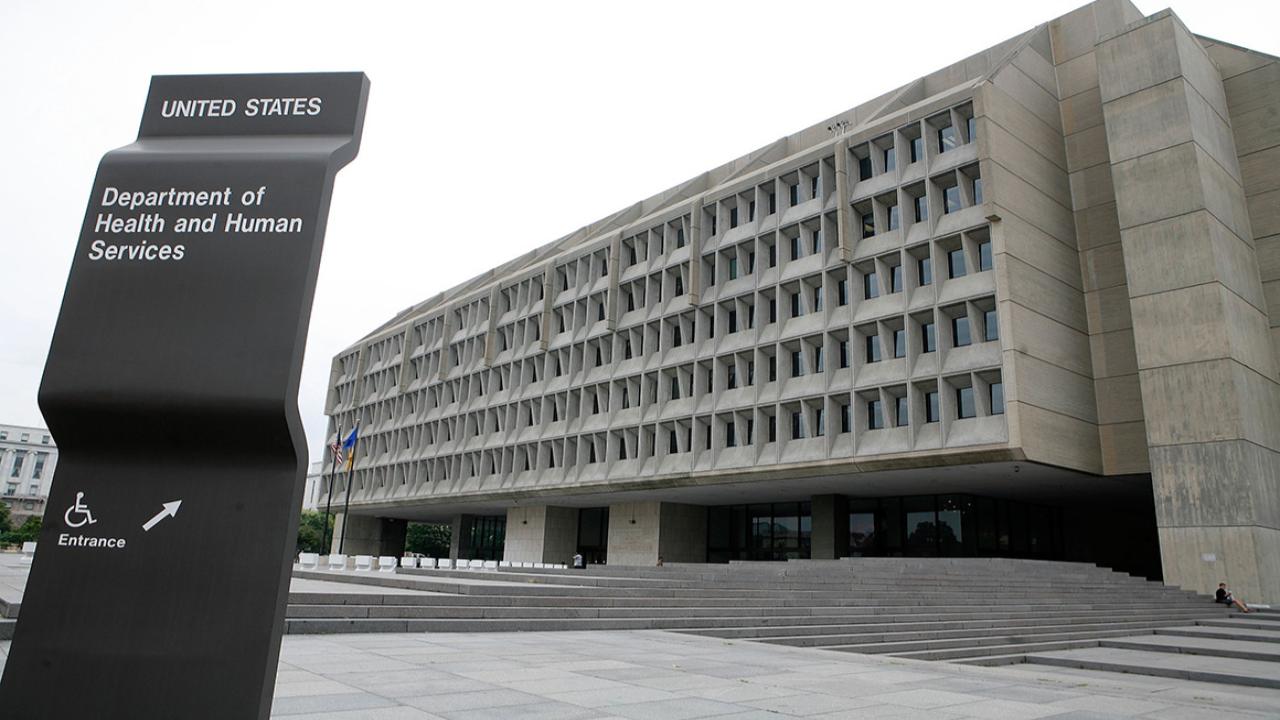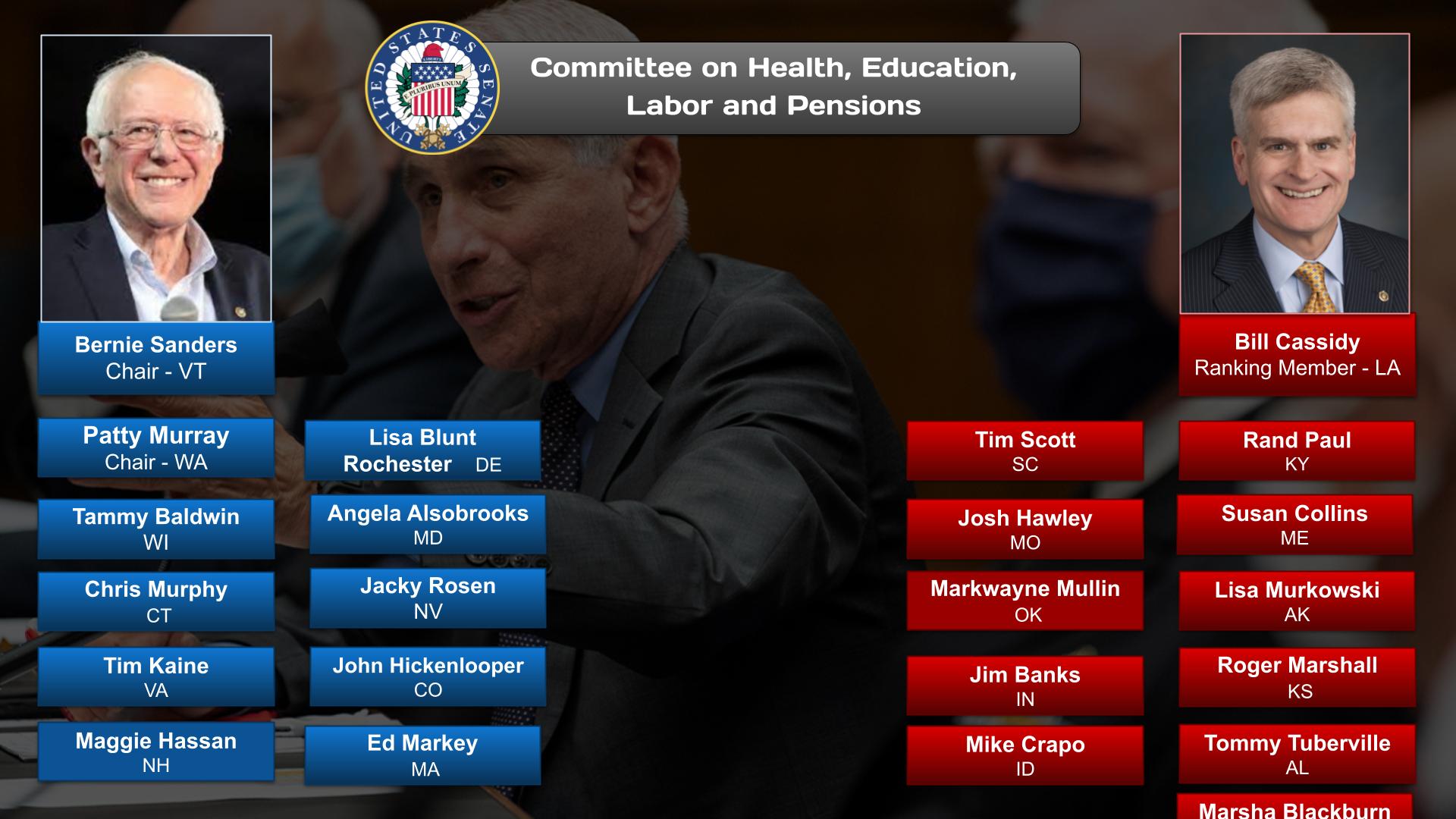Infectious diseases or ID, also known as infectiology, is a medical specialty dealing with the diagnosis and treatment of infections. An infectious diseases specialist’s practice consists of managing nosocomial (healthcare-acquired) infections or community-acquired infections. An ID specialist investigates and determines the cause of a disease (bacteria, virus, parasite, fungus or prions). Once the cause is known, an ID specialist can then run various tests to determine the best drug to treat the disease. While infectious diseases have always been around, the infectious disease specialty did not exist until the late 1900s after scientists and physicians in the 19th century paved the way with research on the sources of infectious disease and the development of vaccines.
- In the ‘About’ section of this post is an overview of the issues or challenges, potential solutions, and web links. Other sections have information on relevant legislation, committees, agencies, programs in addition to information on the judiciary, nonpartisan & partisan organizations, and a wikipedia entry.
- To participate in ongoing forums, ask the post’s curators questions, and make suggestions, scroll to the ‘Discuss’ section at the bottom of each post or select the “comment” icon.
The Infectious Diseases category has related posts on government agencies and departments and committees and their Chairs.
FRONTLINE PBS – 21/12/2021 (53:15)
https://www.youtube.com/watch?v=EkyAuG9RSSU
Has the age of antibiotics come to an end? From a young girl on life support in Arizona to an uncontrollable outbreak in 20XX at one of the nation’s most prestigious hospitals, FRONTLINE investigates a deadly type of bacteria that our modern antibiotics can’t stop. (Aired 2013)
Addie Rerecich was a happy 11-year-old girl who loved sports and talked a mile a minute. But when a mysterious pain in her hip landed her in the hospital in 2011, she began a downward spiral into the nightmare of a new kind of antibiotic-resistant infection that is confounding doctors across the world.
Addie’s precipitous decline might sound unusual, but as FRONTLINE reveals in “Hunting the Nightmare Bacteria”, medicine’s struggle with deadly drug-resistant infections is becoming all too real. After decades of antibiotic overuse, the crisis of untreatable infections has only deepened. Most major drug companies, squeezed by Wall Street expectations and facing steep scientific hurdles, have abandoned the development of new antibiotics. Correspondent David Hoffman takes viewers behind the story of one major drug company’s efforts to overcome the new drug-resistant superbugs—and why, despite those efforts, the drug pipeline is running dry.
OnAir Post: Infectious Diseases









